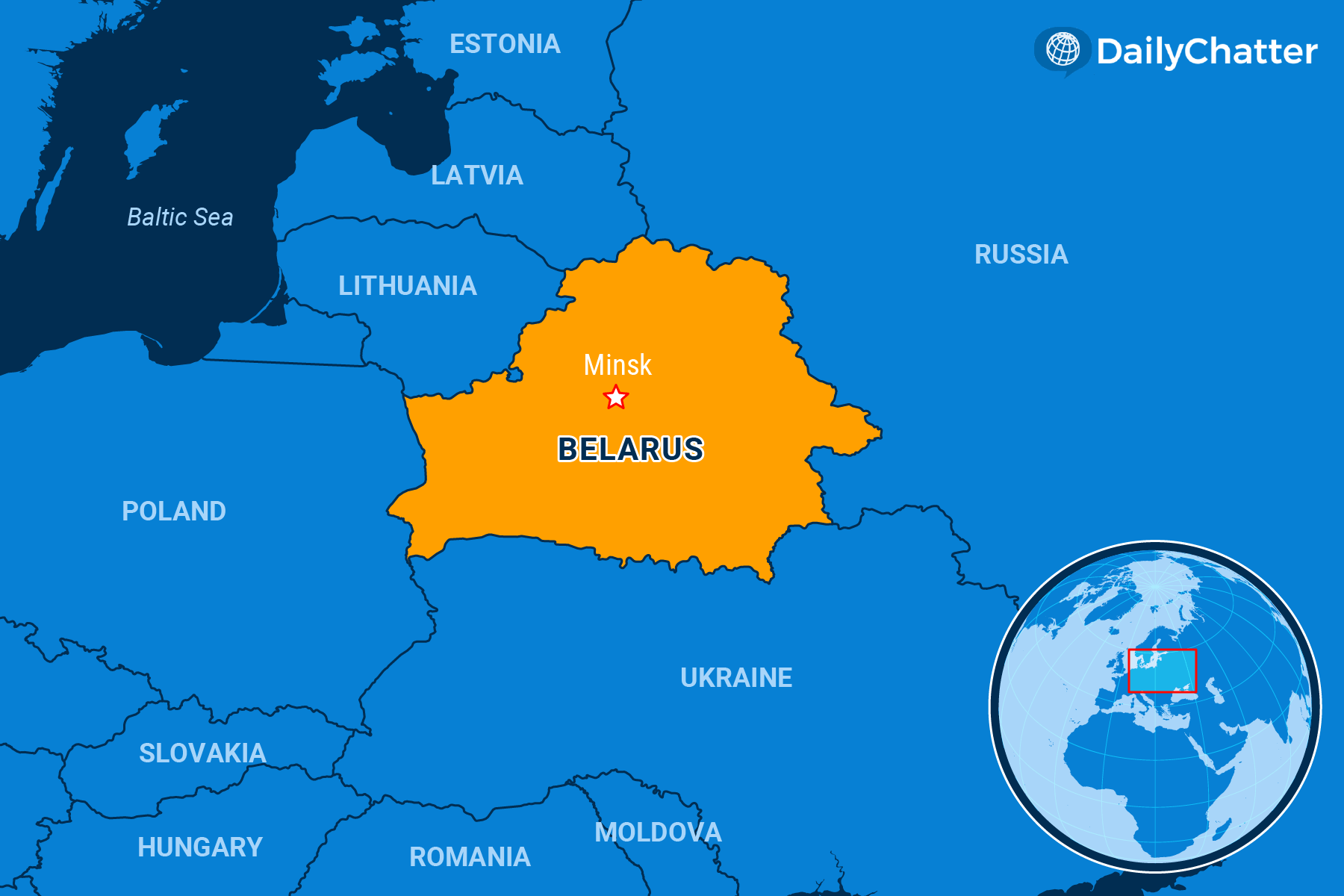Need to Know
February 23, 2024Forced Predictability
Belarus

|
Listen to Today's Edition
|
Belarusian President Alexander Lukashenko recently claimed that his security forces had captured Ukrainian and Belarusian “saboteurs” in a counterterrorism operation on the country’s border with Ukraine. Other than saying these so-called enemies were transferring explosives to use in Belarus and Russia, reported the Moscow Times, Lukashenko didn’t provide many details.
It looked, however, like a classic case of a dictator revealing an external threat to help rally the public around his leadership. Lukashenko has certainly taken other unapologetically non-democratic actions to retain power as Belarusian citizens are slated to go to the polls on Feb. 25.
No one doubts that Lukashenko’s allies will win the vote. “After three years of unrelenting repression and mass emigration, (the election results) are more predictable than ever,” wrote the Carnegie Endowment for International Peace. “There are not even any arguments among the opposition about whether to take part or not: It’s simply too dangerous.”
The president, for example, has cracked down on opposition groups who helped organize demonstrations against his regime when he won the 2020 presidential election that handed him his sixth term in office, the Associated Press reported.
Currently, more than 1,400 political prisoners are in the country’s jails, including dissident politicians and human rights advocate Ales Bialiatski, winner of the 2022 Nobel Peace Prize. The media is constrained. State security services monitor the population.
The courts are still prosecuting people who participated in the demonstrations. Dzmitry Shcharbin, 29, a former employee of the Belarusian Metallurgical Works in the eastern city of Zhlobin, for instance, faces charges of inciting social hatred stemming from his arrest in October, Radio Free Europe wrote.
Others are threatened with execution.
Still, Lukashenko is acting like lawmakers will have an important policy to uphold – his Orwellian strategy of “armed peace,” or taking credit for keeping Belarus out of the war in neighboring Ukraine to the south – while also beefing up military spending in case the conflict escalates to a broader fight between NATO and Russia and its allies, including Belarus.
To be safe, though, the president has declined to allow representatives from the Organization for Security and Cooperation in Europe (OSCE) to observe the elections, the Jurist wrote. OSCE officials issued a statement saying this move was yet another sign of the repression that exists in the country.
Observers from the Russian-dominated Commonwealth of Independent States would watch the vote, however, responded officials speaking to the state-owned Belarus Telegraph Agency.
Regardless, there’s not much to vote for anyway, say commentators.
The Belarusian Supreme Court closed down the Belarusian Popular Front Party and the United Civil Party. The Green Party, Republican Party, Social Democratic Party of People’s Accord and Belarusian Social Democratic Party have been banned.
“Depressingly,” wrote the Center for European Policy Analysis, “(The elections’) sole useful purpose will be to underline the regime’s dictatorial behavior and set the stage for another rigged vote in 2025, when Lukashenko, now 69, will seek to extend his 30-year rule.”
Not already a subscriber?
If you would like to receive DailyChatter directly to your inbox each morning, subscribe below with a free two-week trial.
Support journalism that’s independent, non-partisan, and fair.
If you are a student or faculty with a valid school email, you can sign up for a FREE student subscription or faculty subscription.
Questions? Write to us at hello@dailychatter.com.

